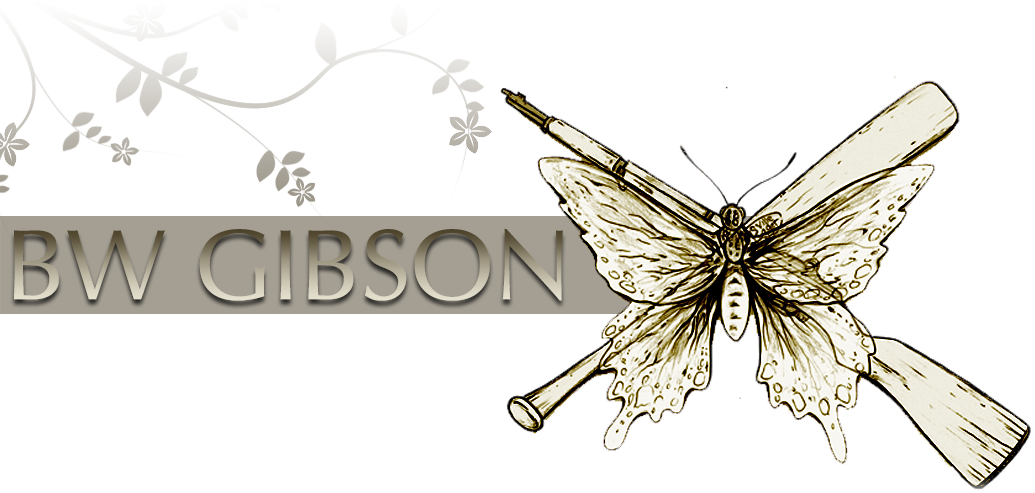“What the heck is favorable attention?” a friend asked me today. My respond was simply: “It’s a conversational game-changer.”
Of course, this begged more question, so I commenced with a more in depth explanation along with some examples. Favorable Attention is all about appealing to your listener’s pride. So what does appeal to pride mean? Look for something that is of importance to your listener and compliment them on it. For example, did a positive change recently occur in the life of the person you’re talking with? This could be a new job, promotion, engagement, new home, recent vacation, accomplishment of a goal, new car, etc. Or is there a known quality about that person that you admire? If any of these exist, acknowledge and compliment them on it. One of the best examples of this is actually given in my book “The Diamond Thieves” of the Extra Innings trilogy when the character Pastor Cook is trying to get the attention of the adults who are in an uproar over T.J. playing in the 4th of July baseball game because T.J. is black and their sons are white. (Remember this trilogy takes place during the late 1940’s to early 50’s in the Deep South and encompasses the theme of social injustice. Cook compliments the feuding men by calling them “intelligent men” and goes a step further by acknowledging that “everyone here knows that about you.”
Imagine the opposite. What would happen if you’re initiating your conversations with an insult? Immediately, your listener would become defensive. For example, if a manager or supervisor was trying to counsel an unproductive or insubordinate employee and starts off the conversation with: “I don’t know what’s come over you? You use to be our top producer and lately you’re sales are worse than some of our newbies.” Versus if the boss starts the counseling like this: “You have more integrity than most anyone I’ve ever worked with and historically, I can always rely on you for outstanding results. Help me to understand what’s been getting in the way of your performance lately and let’s see if we can work together to get you back on track.” You’ve appealed to the listener’s pride by complimenting them on their integrity and past reliability to perform. There is nothing about this sentence that would trigger the listener to become defensive. This allows them to continue the coaching session with an open mind and without the distraction of a defensive wall.
My father, Wes Gibson is who taught me about Favorable Attention. He was a VP with Goodyear and is a master at this skill. He learned it from his father, my grandfather, Charles Gibson who had a successful career with the Singer Sewing Company. This skill, like most, is not developed overnight. It takes continuous practice. When mastered, it will take your conversation skills to a whole new level and allow you to leverage any conversation to ensure that your listener receives a clear message from you with fewer distractions. It also allows the listener to walk away feeling good about the conversation. Remember the Maya Angelou quote from my last blog “A Writer’s Worth of Mouth.” Maya said: “People will forget what you did, but people will never forget how you made them feel.” So why not say something that makes them feel good about themselves. This will also keep you in a positive light in their mind and allow for a better connection between you and them. Appeal to their pride with a compliment and this will gain you the Favorable Attention you need to make a more positive lasting impression and get your message across without any major roadblocks.
